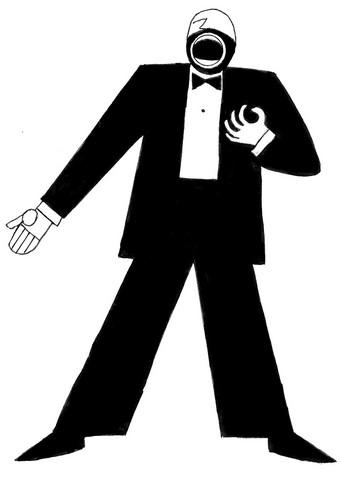Three recent articles in the New York Times of note:
It's nice to see Belfast highlighted as a tourist destination. I've been telling everyone how much I liked it since I visited last summer. I was impressed with how generous the people were - they were so happy to have Americans coming to visit their city. I found it much more satisfying than Dublin, which was overrun with American tourists and very crowded. In Belfast, we felt as if we had the city to ourselves. In some ways, Belfast felt like an equivalent to Baltimore - port cities that have had difficult times but which are in the midst of revitalization. Still, it's worth going on a "black cab tour" to get a sense of the divided neighborhoods and to see the murals highlighting the Troubles of the past 40 years.
All the talk in Philly lately (besides the Terrell Owens situation) has been about this article calling our city "the sixth borough" of New York City. Are people just finding out about Philly now? We had a ball making fun of the future Philadelphians who will have to deal with our expensive booze and early bar closings, sorely lacking public transit system, smoking in restaurants and bars, and the legions of Eagles fans. Don't get me wrong, I love Philly, but it could be a shock for those expecting the comforts of New York.
And finally another interesting "State of the Classical Music World" article. The article mentions various marketing strategies by major orchestras to attract younger audiences, which include multimedia presentations, free food and shorter more accessible programs. This raises a few questions for me: If people are initiated into classical music this way, do you think they'll expect this all the time? Can they be weaned off of the multimedia presentation and appreciate the music for what it is? The primary reason for all of this is education. People need to learn about classical music before they will willingly shell out money to attend concerts. I think Simon Woods' (formerly of the Philadelphia Orchestra) analogy comparing classical music to museum education is interesting. The difference is that music, while it may be centuries old, is recreated every time we perform. It is a living, breathing artform. How do we as musicians get people to realize that what they're seeing is a truly unique experience? I think it is easy enough to get people to attend a concert, but how do we get them to attend that second or third time?


1 Comments:
It's certainly an idea...I can just see someone raising a foam hand after a particularly good concert. We're Number #1!
Post a Comment
<< Home